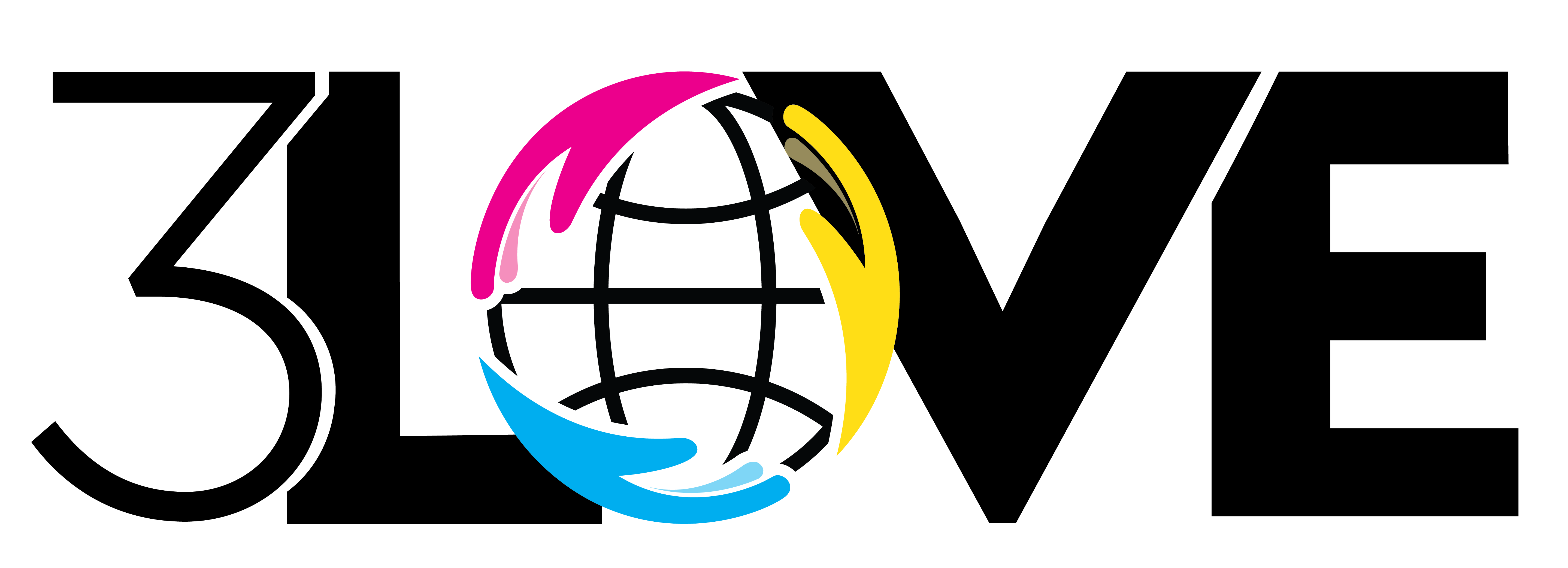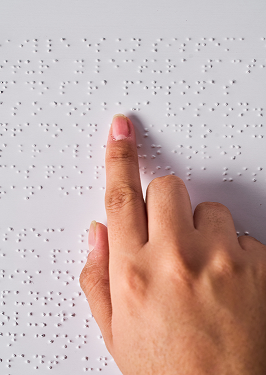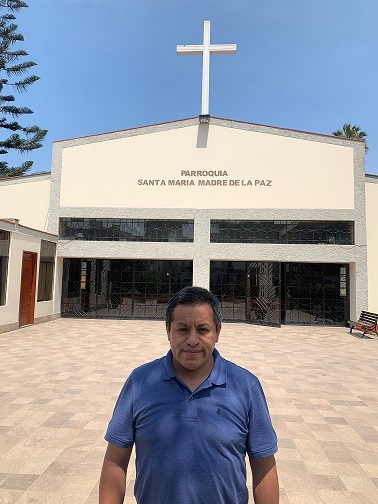World Braille Day is commemorated on January 4 to highlight the importance of this medium for blind and visually impaired people to access information, education and freedom of expression.
Braille is a medium used by blind and visually impaired people to read, communicate and therefore access education. It consists of a tactile system of dots used to represent letters, numbers, musical notes, mathematical and scientific symbols.
Visual impairment and inclusive education
Disability is a factor of exclusion that requires specific responses to ensure equal rights and opportunities. For this reason, the Convention on the Rights of Persons with Disabilities (UN, 2006) was adopted in order to promote rights and well-being in the face of the implementation of the 2030 Agenda for Sustainable Development.
World Braille Day gives us the opportunity to raise awareness among the international community, governments and the media about the need to expand public policies towards persons with disabilities. As UNESCO points out, it is essential to develop more and better educational policies that ensure the inclusion of people with visual impairment.
Thinking about disability -and other factors of exclusion- in a paradigm of inclusive education implies recognizing that there are multiple and diverse reasons why a person may require an education that is sensitive to his or her characteristics and learning needs.
In addition to these reasons, there is the crisis caused by the COVID-19 pandemic, which deepened inequality in access to opportunities for the most vulnerable people and highlighted the need to generate actions to compensate and reverse the deepening inequalities.
Stevie Wonder: “Let’s not be blind to the issues and problems of those in need”
Stevie Wonder is a renowned singer-songwriter and activist, winner of three Grammy Awards in the category of best album of the year. He was born in 1950, in Michigan, United States. Due to his premature birth (six weeks early) he had to be transferred to an incubator, whose oxygen-rich environment prevented the development of his retinas, which left him blind.
In 2009, Stevie Wonder was designated a UN Messenger of Peace, with a special focus on people with disabilities. Since then, he has advocated for the adoption of the World Intellectual Property Organization’s Marrakesh Treaty to facilitate access to published works for people who are blind, visually impaired or otherwise print disabled.
During a speech on the rights of persons with disabilities, Stevie Wonder addressed the United Nations General Assembly and stated: “For society and develop it to be included, of persons with disabilities, we need to have equal access to education, to knowledge and information. Yet, out of millions of publications each year, fewer than 5 per cent are made available in accessible formats for visually impaired persons. In developing countries, an even smaller percentage of publications are available in accessible formats. The Marrakesh Treaty will greatly expand the availability of artistic and literary works in accessible forms, such as Braille, large print texts, and audio books. This can make a real difference in the lives of the world’s more than 300 hundred visually impaired persons”.
Also, in an interview for the United Nations, Wonder stated: “Even though it is considered that we have a so-called disability, we really are abled persons with different abilities. At the end of the day, we must come together and make however and where we are in the world, be a place of unification, because me being blind visually doesn’t mean that I have to be blind spiritually. And someone being sighted doesn’t mean that they should be blind of those things in the world that we need to fix. We have to have inclusion. Let us not become handicapped again. Blind to the issues and the problems of those in need”.


